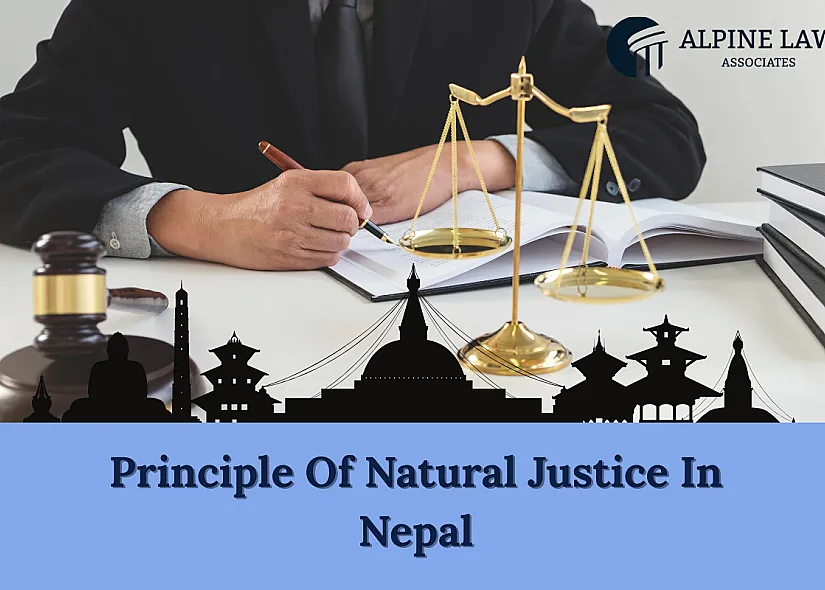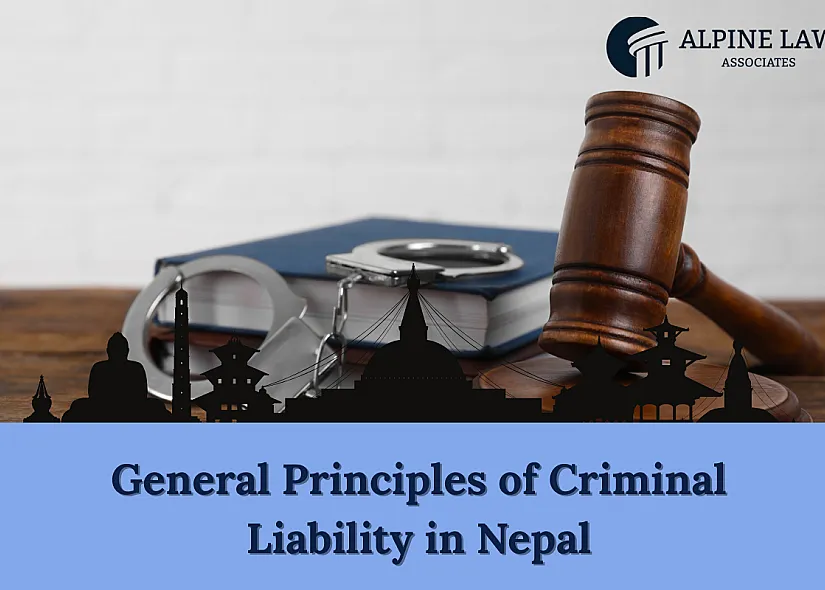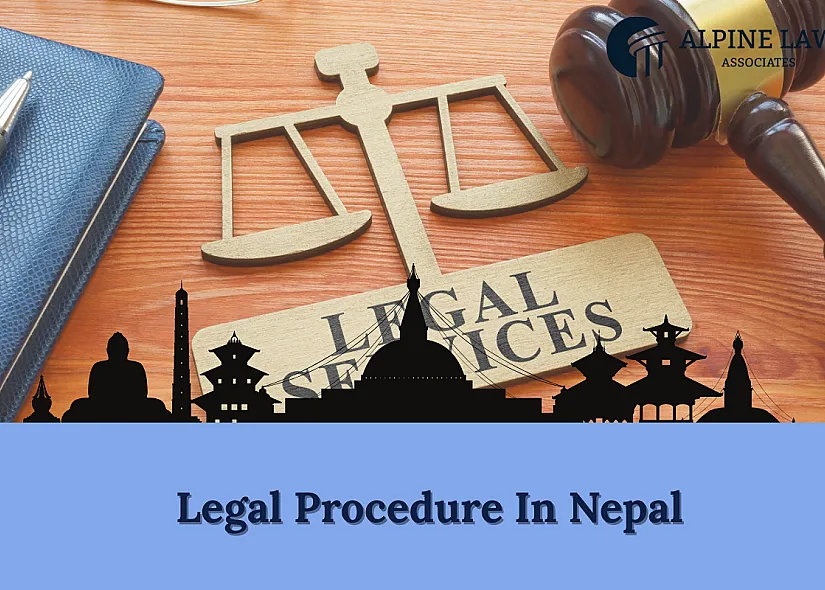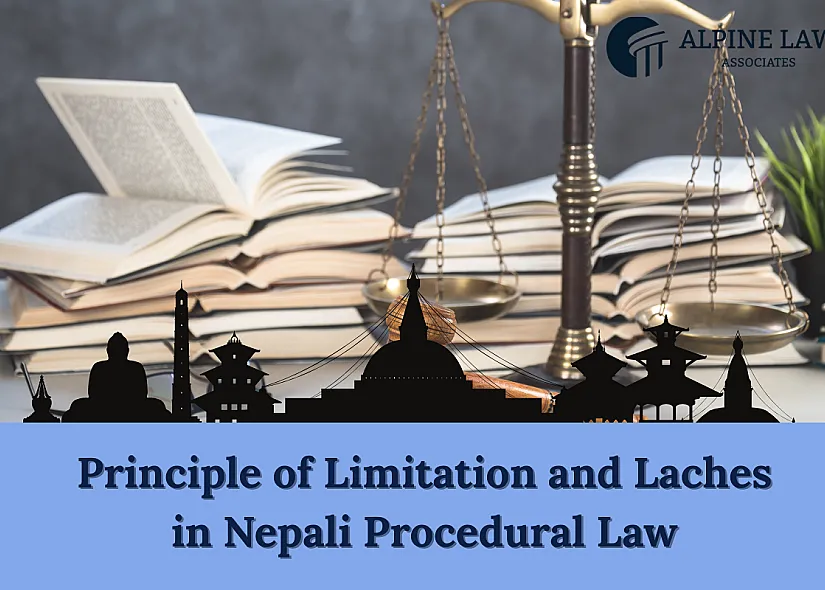Principle of Natural Justice in Nepal Explained
The principle of natural justice in Nepal ensures fairness, transparency, and impartiality in legal proceedings. Rooted in the doctrines of audi alteram partem and nemo judex in causa sua, it protects individuals from bias and unfair decisions by requiring a fair hearing and unbiased adjudication. These principles are recognized in Nepal's civil and criminal procedure codes and are applied consistently by courts including the Supreme Court. This article explores the key rules, legal backings, and notable judicial interpretations on natural justice.




-thumb_big.webp)
-thumb_big.webp)
-thumb_big.webp)



-thumb_big.webp)
-thumb_big.webp)